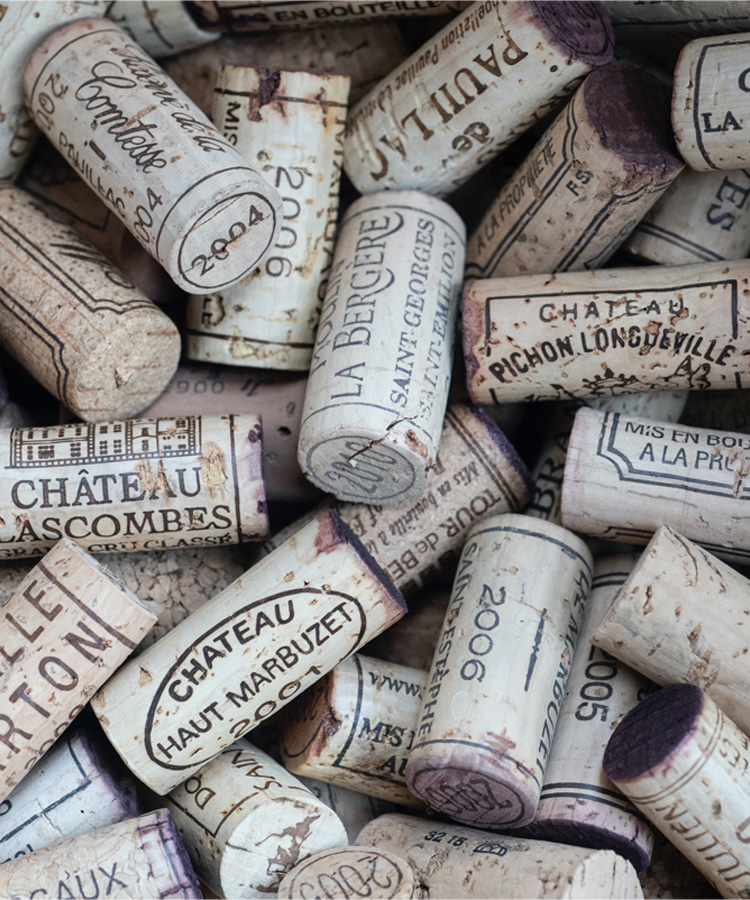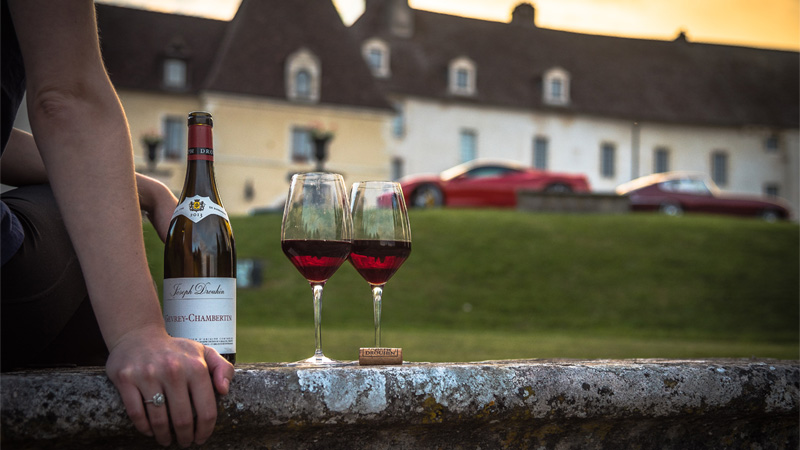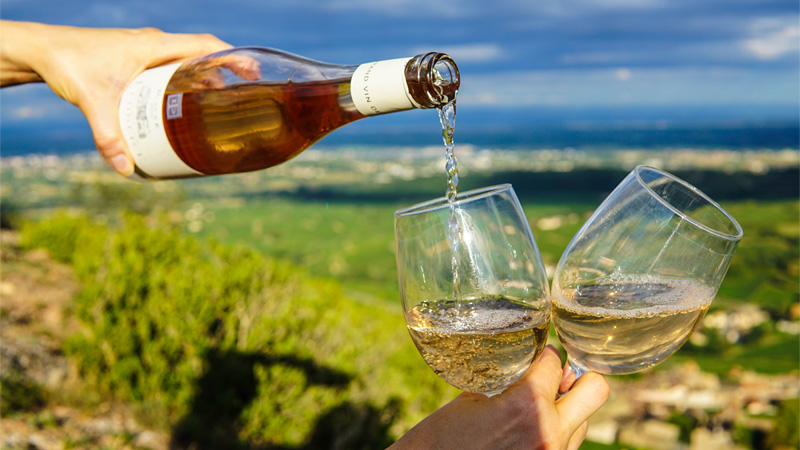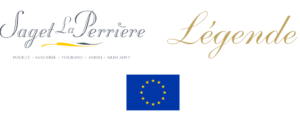
In partnership with Taste France™
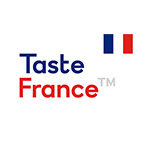
In France, wine is synonymous with life. It’s a cultural institution and a rite of passage that’s been ingrained into the people and the terroir since Roman times. People have been growing, producing, and enjoying French wine for thousands of years. With a history like that, it’s no surprise that France is one of the world’s largest producers of wine, supplying the industry with roughly 7 billion bottles per year. Wherever you are in the world and whatever you’re celebrating — a new job, a fantastic meal, a marriage, or simply the end of your day —France produces a wine that makes for a perfect accompaniment.
Today, wine is produced throughout France, though 11 regions stand out as major producers — Alsace, Beaujolais, Bordeaux, Burgundy, Champagne, Corsica, Languedoc-Roussillon, Provence, South-West, Loire Valley, and the Rhone Valley. Each of these regions is blessed with a unique combination of soil, climate, and conditions that work together to produce some of the world’s most excellent wines. Burgundy, Bordeaux, Champagne — these are regions that roll off the tongues of oenophiles and novices alike.
While the familiarity of French wine continues to be a global phenomenon, it’s easy to mistake this familiarity with knowledge. Presented by Taste France™ , the French Ministry of Agriculture promotion campaign for French food and beverage, the Become a French Wine Expert Program was created as a way to bring French wines and theory front and center, in order to impart a deeper appreciation for France and the importance of its place in the wine industry.
Over two dates in December, 35 wine professionals gathered to expand their expertise on French wine by participating in the very first Become a French Wine Expert Program. Due to the Covid-19 pandemic, the entire event, which was sponsored by VinePair, Saget La Perrière, and Légende, was designed as a virtual experience, complete with four top industry-led sessions focused on a single region or wine, and bottles of celebrated French wines for guided tastings.
The program kicked off on Dec. 10 with two afternoon sessions led by Erik Segelbaum, a 2020 Wine Enthusiast 40 Under 40 Global Tastemaker, Food & Wine Magazine’s 2019 Sommelier of the Year recipient, and a wine educator for Smithsonian in Washington, D.C. Segelbaum is also vice president of the United Sommeliers Foundation, a non-profit whose mission is to provide financial support to wine professionals during the Covid-19 crisis.
Sponsored by Saget La Perrière, Segelbaum’s first session covered the Loire Valley, a region known for its large volume of vineyards. With close proximity to Paris and 87 appellations spread across it, and vineyards that stretch out to the sea, the Loire is France’s most varied wine region, capable of producing a wide range of world-class wines that appeal to a variety of palates. Some of the region’s most acclaimed grapes include the Upper Loire’s Sauvignon Blanc; Chenin Blanc and Cabernet Franc in the Middle Loire; Melon de Bourgogne in the Lower Loire, as well as Gamay, Chardonnay, Melon de Bourgogne, Sauvignon Blanc, Cabernet Franc, and Pinot Noir.
Next, Segelbaum took participants on a deep dive into Beaujolais, an east-central region full of granite hills, forests, and Gamay Noir grapes. Beaujolais is famous for its eponymous vin de primeur wine, Beaujolais Nouveau, a light-bodied, low-tannin red whose identifiable flavor is enriched by fertile soil from the Nizerand River, which cuts the region into two sections: the Crus and the Beaujolais Villages.
Starting off the program’s second day, Andrea Morris, a Brooklyn-based sommelier and beverage director for New York legendary Union Square Cafe, led a session which gave an intimate look at Crémant, France’s second famous sparkling wine.
While painstakingly produced using Champagne’s traditional method, requiring a double bottle fermentation and period of aging with residual yeast, Crémant is produced in eight different wine regions. Protected under French law as an Appellation d’Origine Contrôlée (AOC) and under EU law as a Geographical Indication, only sparkling wines produced in Champagne may be called Champagne. Additionally, while Champagne is mainly made from Pinot Noir, Chardonnay, and Pinot Meunier grapes, the grapes used for Crémant are much more varied and determined by the region it’s being produced in.
Mary Gorman-McAdams, a Master of Wine and director at NYC’s International Wine Center, closed out the day and program with her Légende-sponsored session on Bordeaux, one of France’s most beloved wine regions. Located in southwestern France, Bordeaux is home to over 60 appellations and produces some of the world’s most coveted red blends. Divided by the Gironde Estuary, the region is split into two distinct terroirs: the west’s Left Bank, which is known for its high-quality Cabernet Sauvignon, and the east’s Right Bank, whose arduous temperatures and clay-rich soils create an ideal environment for Merlot. Although not as well-celebrated as the full-bodied reds from the region, Bordeaux also produces popular whites made from Semillon and Sauvignon Blanc, and those grapes are also in Sauternes, a sweet, late-harvest white wine.
After gaining expertise on French wines, the 35 participating wine professionals were then given the chance to prove their proficiency. At the end of each seminar and again at the conclusion of the program, participants’ knowledge and retention was tested and scored via four app-based quizzes and a cumulative final exam covering the course material.
The four highest-ranked wine professionals not only earned a Certificate of Advanced French Wine Knowledge from the French Ministry of Agriculture, but they also scored a profile in VinePair and will be paid to participate in the ultimate test of their expertise: one of four shifts for VinePair’s Text a Wine Pro: French Wine. During their shifts, each of the four newly certified advanced French wine pros will answer questions from the public about French wines.
However, attendees were not the only ones to benefit from the event. The Become a French Wine Expert Program also gave back to the industry with charitable donations to the aforementioned United Sommeliers Foundation, and Wonder Women of Wine, an organization championing gender equality within the wine industry.
This article is sponsored by the French Ministry of Agriculture.
